Description
“Joel Savishinsky’s stories and visceral imagery show us how we deepen by enduring.”
—Ellen Hirning Schmidt, author of Oh, Say Did You Know
Our Aching Bones, Our Breaking Hearts
Poems on Aging
by Joel Savishinsky
We confront our own aging long before we ourselves become old. Through the roles we play as family, friends, or caregivers to our elders, we learn to anticipate our own later years. Drawing on the author’s half-century career in gerontology and anthropology, the poems of Our Aching Bones, Our Breaking Hearts explore the physical, emotional, and spiritual impact of the aging experience on the nurses and patients, parents and grandparents, retirees and volunteers, Holocaust survivors and roommates, and elderly spouses and mourners he has known.
The poet shares stories in a variety of settings, which include a summer camp, an orchard, a national park, a nursery and a nursing home, hospitals, an older couple’s marital bed, and the steps of a small-town front porch. At the core of these stories stand the aging body and mind, the well-worn heart, deep reservoirs of humor, love, and anger, and the longing, defiance, regret and gratitude of life’s concluding decades.
Early Praise for Our Aching Bones, Our Breaking Hearts:
Infused with passion, resentment, frustration, and love, without undue gloom or false cheer, Joel Savishinsky’s poetry captures the essential conundrum of life: whether we rage or go gently, the light will die. Savishinsky inhabits characters immersed in their own, and others’ experiences. He captures the essential irony, that the body almost always fails the mind, that we need more than safe shelter to maintain our spirits, and that trading the pain of living for mindless security is a fool’s bargain. Whether speaking as the main character or an observer, these poems ring true and prescient.
—D Ferrara, founder of San Fedele Press,
editor of Art in the Time of COVID-19
We, the babies of the 1940s, thought we’d beaten the aging game with our potions, meditations, and mindful walks in parks. Our body’s betrayal shocks as it brings “a looseness in the valves, a tightening in the joints.” Forever young, these truths hurt. “I knew in a new way that my sons…would now never cease to worry and so had made me old.” This collection, Our Aching Bones, Our Breaking Hearts: Poems on Aging, finds the pathos, the epiphanies, and light for a darkening path because though aging and death are old news, this contradiction, this broken contract, is happening to us for the first time and we need a little help from our friends.
—Sandra L Kleven, editor of Cirque,
author of Defiance Street and Holy Land
Joel Savishinsky’s stories and visceral imagery show us how we deepen by enduring. He explores lifelong aging by turning his close-up lens on sleep, breath, identity, and sense of well…being. He shares with us a deep devotion to walking the walk with vulnerable people, an unflinching willingness to visit the places frail bodies and tensile spirits reside. His poetic grace and dexterity astonish me. You will long remember the kindness and depth of this highly skilled poet.
—Ellen Hirning Schmidt, author of Oh, Say Did You Know,
winner of the Helen Kay Poetry Chapbook Prize,
director of the Writing Room Workshops
About the Author:
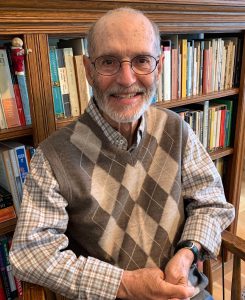
When Joel Savishinsky published the first poem from this collection at age 40, he was a young anthropologist and gerontologist who never thought he’d grow old. Four decades later, now a grandfather and family elder, he smiles at his earlier lack of imagination. For half a century, his research and teaching have taken him to live with elders in Arctic Canada, the Caribbean, a working-class borough in North London, South Indian villages, and American retirement communities and geriatric facilities, places where he has come to love the grit, humor, passion, outrage, and honest perplexity of older people.
He is the author of The Ends of Time: Life and Work in a Nursing Home and Breaking the Watch: The Meanings of Retirement in America, both of which won the Gerontological Society of America’s Richard Kalish Award (book-of-the-year prize). Since retiring, he has been transforming his experiences with the aging into poetry, short fiction and essays. A Pushcart Prize nominee, his work has appeared in American Writers Review, Blood and Thunder, Cirque, The Examined Life Journal, The New York Times, The Poeming Pigeon, Soul-Lit, and Windfall. He and his wife Susan live in Seattle, doing community and political work, while also helping to raise five grandchildren. A recovering academic and unrepentant activist, this is his first collection of poetry.
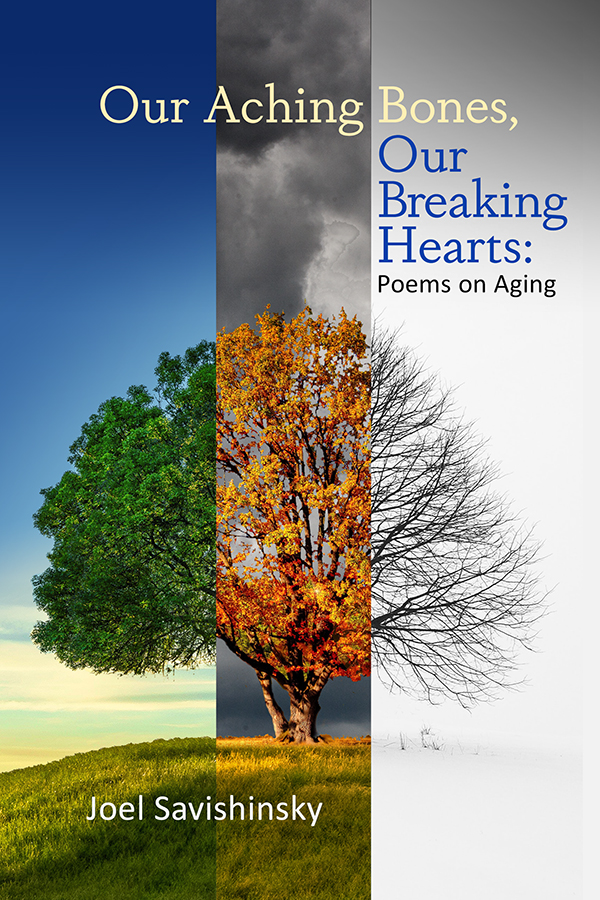
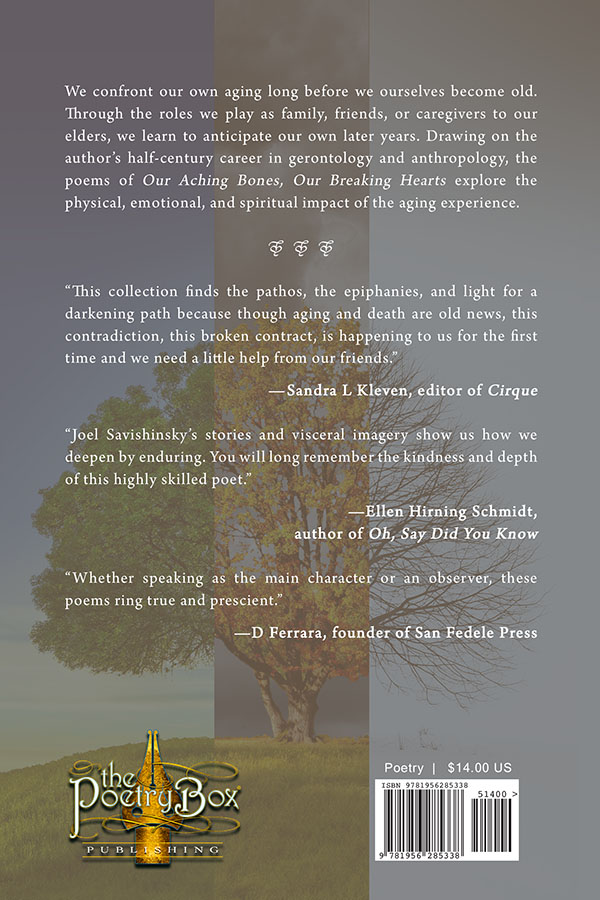
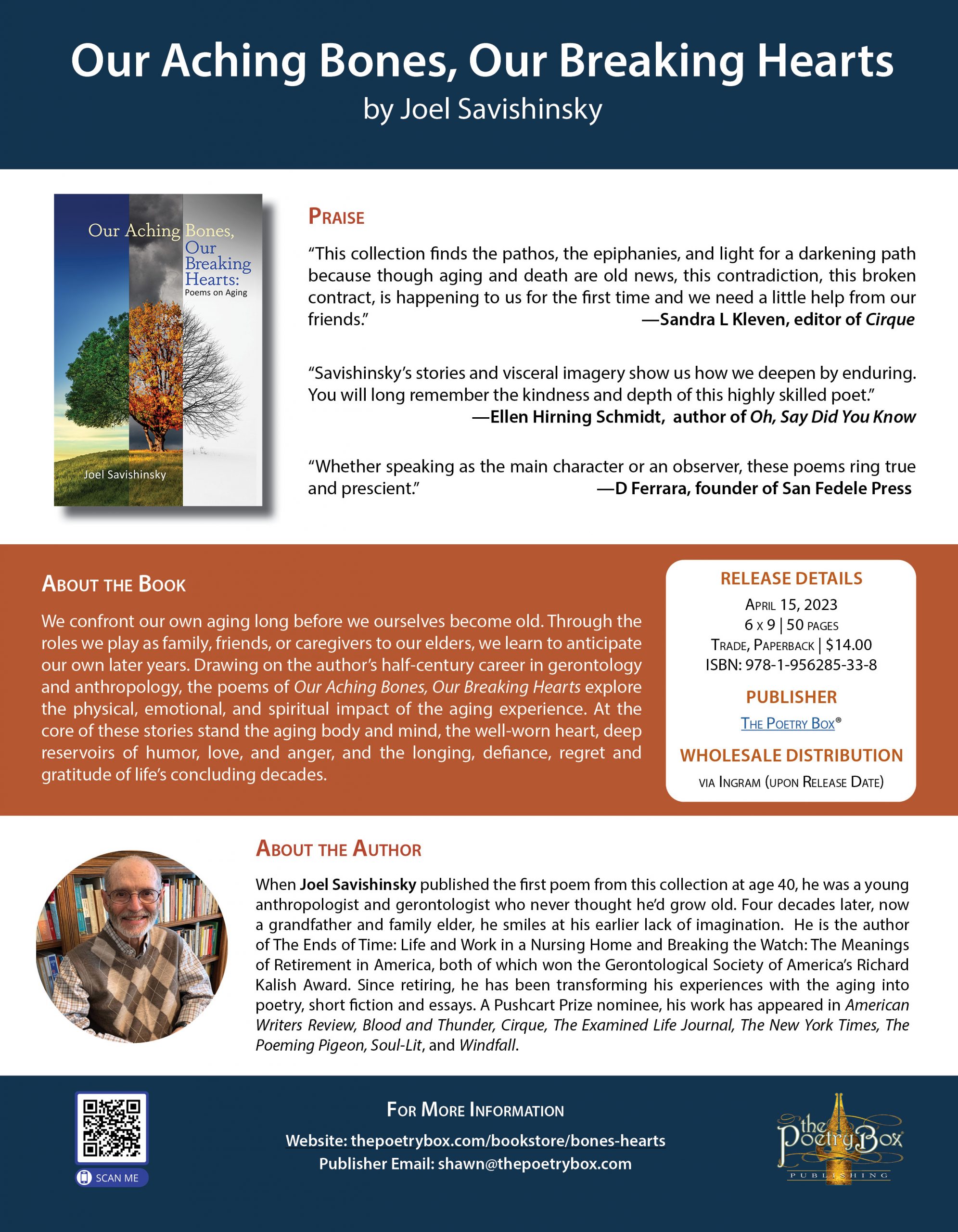
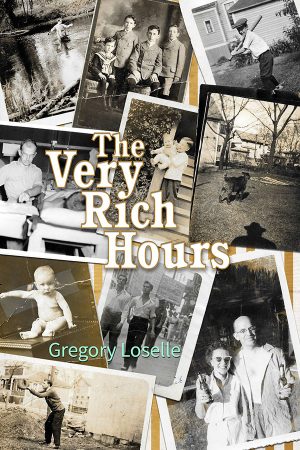
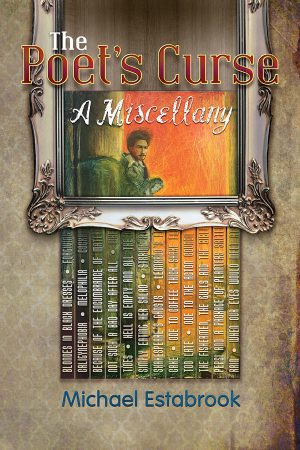
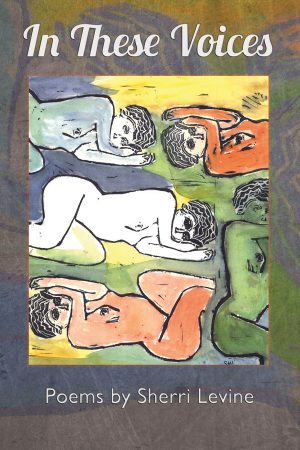
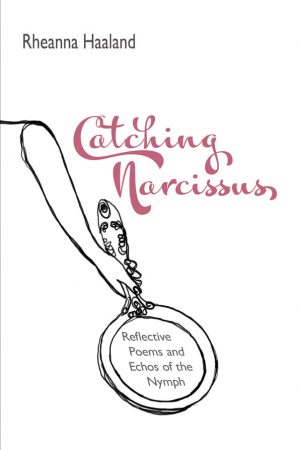



Ellen Hirning Schmidt –
Savishinsky’s stories and visceral imagery show us how we deepen by enduring. You will long remember the kindness and depth of this highly skilled poet.
Ellen Hirning Schmidt, author of Oh, Say Did You Know and forthcoming Armed to the Teeth
Nina Miller, Ithaca, NY –
Amazon Customer Review (Verified Purchase)
5.0 out of 5 stars
Written and submitted by Nina Miller, Ithaca, NY
Reviewed in the United States on April 27, 2023
Remarkable poetic skill–
As someone who worked in a hospice for many years, and who is now in her mid 80’s, I was especially moved by Joel Savishinsky’s book of poetry, Our Aching Bones, Our Breaking Hearts. Savishinsky writes with remarkable poetic skill about the wide array of losses we experience as we grow old, aspects of our own functioning like memory and aching joints. He captures the loneliness of those who have moved into care facilities and live on when their peers have died He also touches, with painful honesty, on his own history, as in “Maybe the Traffic Cop Calling Never Left Me.”
But these are not only solemn poems. Savishinsky has a wonderful sense of wit, as in the poem ”Ambush.” Many of his poems deserve to be read out loud, because he has clearly paid careful attention to the sound of words, as in “The Carpenter Bee” and “The Raker’s Progress.” This is a wonderful collection, and I hope there will be more coming from this fine poet.
Ann S. Epstein –
Our Aching Bones, Our Breaking Hearts is written not only for the aged, but for anyone who is aging — which is all of us. In fact, the COVID pandemic, which Savishinky addresses head on, has prematurely aged everyone, advancing our confrontation with mortality. We look back with pleasure and regret at the past, contemplate the shrinking future, and above all, savor the present moment. The poems and prose poems in this probing collection capture the particular intensity that these experiences take on later in life. The observations are at once comfortably familiar and refreshingly new. Savishinsky relishes the gymnastics our minds still perform when our bodies no longer can. Among my favorites are ruminations on how we think of our children, thinking of us as we age. More than a cliched reversal of roles, it’s an adventure into uncharted territory just when we thought our traveling days were over. The poet distills the rage caregivers harbor toward the elderly who won’t “cooperate” and the fear mixed with hope that someday we, the caregivers, will become equally cantankerous and strong-willed. With empathy and wry humor, Savishinky catalogs aging’s indignities and our own foibles as we try to accept the inevitable. We can’t reverse the course of our aches and breaks, but in lieu of curative treatment, this highly recommended volume provides excellent palliative care.
Karen Garfing –
What a moving, rich collection of poems on aging. From the austere, grid-like imagery of “Traffic Cop” to the lush settings and humor of “Ambush”, Savishinsky captures the unvarnished truth about aging. Several poems literally brought me to tears while others evoked laughter or a knowing nod. I am purchasing another copy of the book to donate to my community library.
Beth Hammer –
I was deeply moved by this collection of poems. Joel Savishinsky’s descriptions of aging resonate with my experiences as a geriatric care manager as well as personally. He sheds light on the family’s and caregiver’s observations and struggles, as well as opens the door to the vantage point of the aging person. His ability to transport the reader through these experiences is noteworthy; he gives us pause… to imagine our futures, to honor our loved ones, to revere the elderly.
Michael Escoubas –
A Review posted on Quill and Parchment
Reviewed by Michael Escoubas
Upon receiving my review copy of poet Joel Savishinsky’s new collection, the cover caught my attention. I noticed how the image pictures the life-cycle: Spring and Summer’s lush green foliage; Autumn’s beautiful earth tones, early signs of decline; finally, Winter’s barren-ness, the foliage does not cling, cannot cling to the branch, but must yield to a design not its own.
I noticed too, the sky-tones which accompany each image: blue, then an ominous buildup of black and gray; finally winter’s bleak white. All of these enticed me to think deeply, stimulated by the cover’s symbols and images, drawn from the natural world, made real by the poem’s inside.
Joel Savishinsky, anthropologist and gerontologist is eminently qualified to opine about aging. His fifty years of research, teaching, and writing, the world over, become self-evident in the poems themselves. I sense, however, that lessons learned in the crucible of life, are the true informants of his writing.
The title: Our Aching Bones, Our Breaking Hearts provides an outline. Consisting of nine poems each, I take Our Aching Bones as emphasizing the physical side of aging; Our Breaking Hearts as featuring the emotional/psychological side. However, the author is not chained to arbitrary categories. His poems move with ease, overlapping, as the muse inspires. Don’t look for easy answers to life’s hard questions. Savishinsky will have nothing of platitudes; he goes deeper. He does so, I would add, with a compassionate heart. He lives within the oeuvre of his own writing.
The goal of this review is encouragement to all who are geriatrics in process. How do we, even as we age, live lives of freshened vigor? Joel Savishinsky’s insightful poems shed light upon our path.
The winsome “Waking Up At 77,” strikes a familiar chord with your reviewer who has just turned 76:
You’re not complaining. Just reporting.
You lie there, keeping still, and wait,
not moving. Because you know
as soon as you change position,
something will hurt, and you don’t
want to know what that something
is today. Curiosity has become
very discrete, and sleep the rarest
of pleasures. Rip Van Winkle must
have known all this. No waking.
No questions. No pain.
The day can wait.
Savishinsky’s writing style is conversational, welcoming. Metaphor is his specialty as shown in the opening stanza of “Reading In My Hospital Bed.” He hears planes “grinding / the night up into / a dark grain. …” The poem continues, developing the theme of aging in the eyes of his children, who “would now / never cease to worry / and so had made me old.” The poem expresses the hope he might be forgiven for his shortcomings and that he might forgive himself. I appreciate the marriage of both physical and emotional impacts of aging. I also see the poet’s “layering” of meaning. “Book” may indeed, be interpreted literally or as an image of the poet’s life. By extension: are we the “book” that must be read?
Moving into part 2, Our Breaking Hearts, Savishinsky calls upon the seasons to develop his thesis that all of life is worth the best that we have. “Ambush” is set in June’s virile fullness. The poet sets out on a walk. He does not intend to write a poem. But finds himself praising the world around him … “curtains of forsythia,” “scents of lilacs,” “starfish outbursts of dogwood.” His mind reaches back, “over the lawn of a small-town house where / my infant sons slept in their carriages.” This poem features an ironic ending you won’t want to miss.
“Orchard in Autumn,” like the season itself, registers a somber tone. Savishinsky’s take is one of heroic realism. (Above I noted that this poet does not offer easy answers). “Nothing seems to be what it is. / The carrots are like cardboard. / Tomatoes: tasteless. Too many / mealy melons …” As the poem continues, the poet finds reasons to praise these natural life-processes. There is even a creation reference to the Tree of Good and Evil and how “autumn fruit embodies the Fall itself.”
These days a lot of people are writing poems about aging. However, I’ve yet to find a more compelling poem than Joel Savishinky’s “How to Make Love to the Dead.” The poem calls upon the “imagination’s fingers” to know and see the faces of those we once knew and loved and who knew and loved us. Its closing stanza, for this reviewer, says it all:
You make love to and with them when
re-making this world a little more like
the one they wanted, by tasting the warmth
of their smile at your saddest moments, and
discovering that the broken skin from each
of those mutilated memories is finally beginning
to knit into a complete, forgiving embrace.